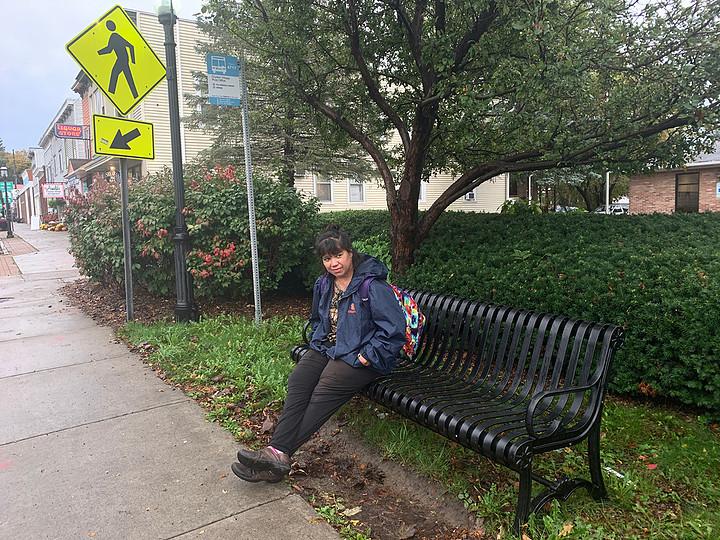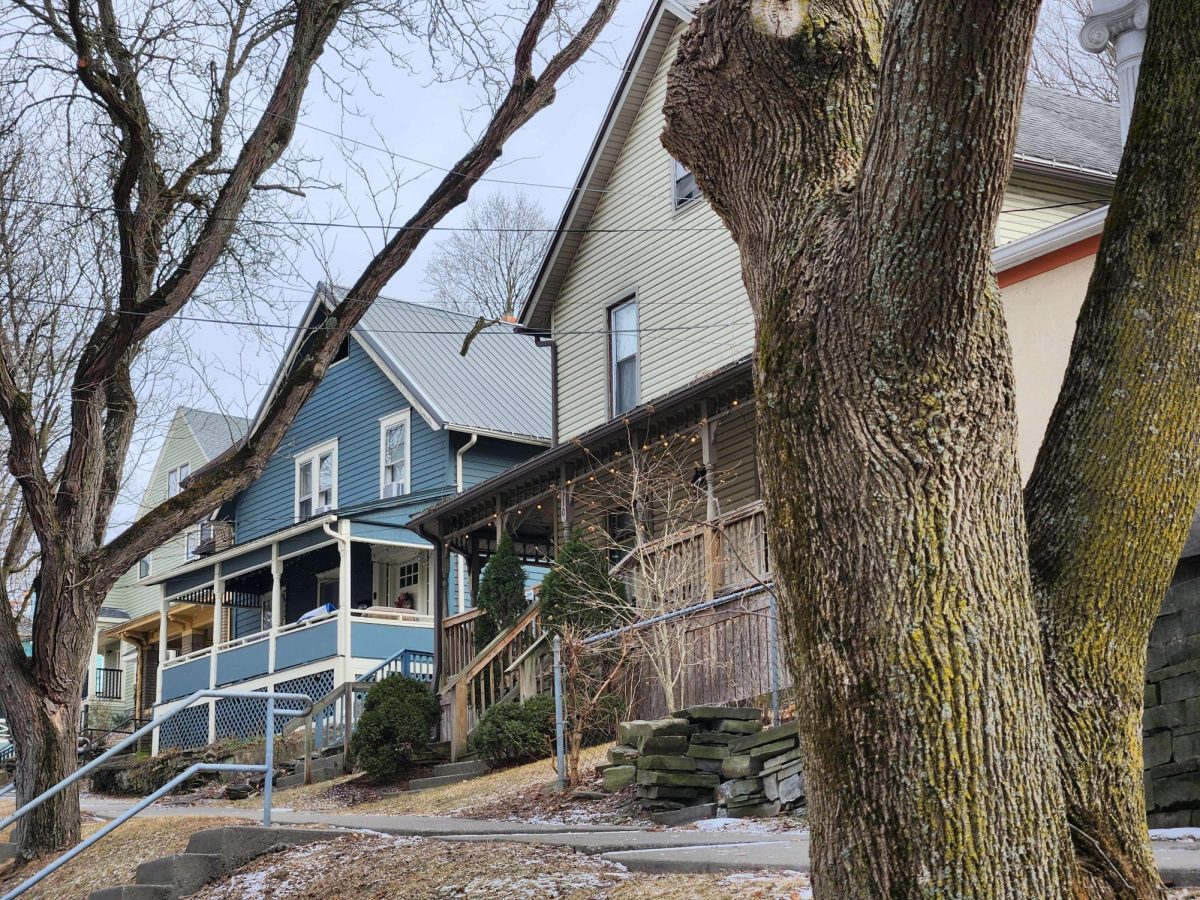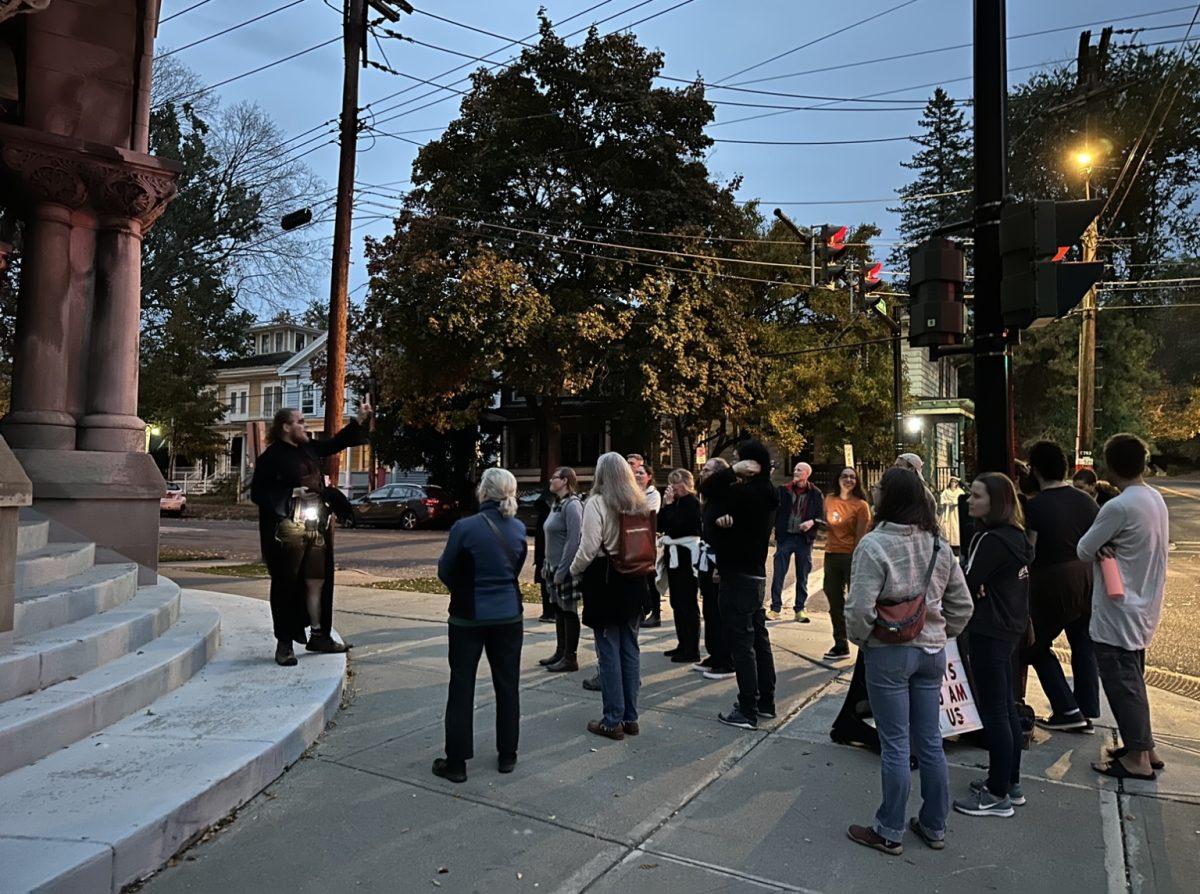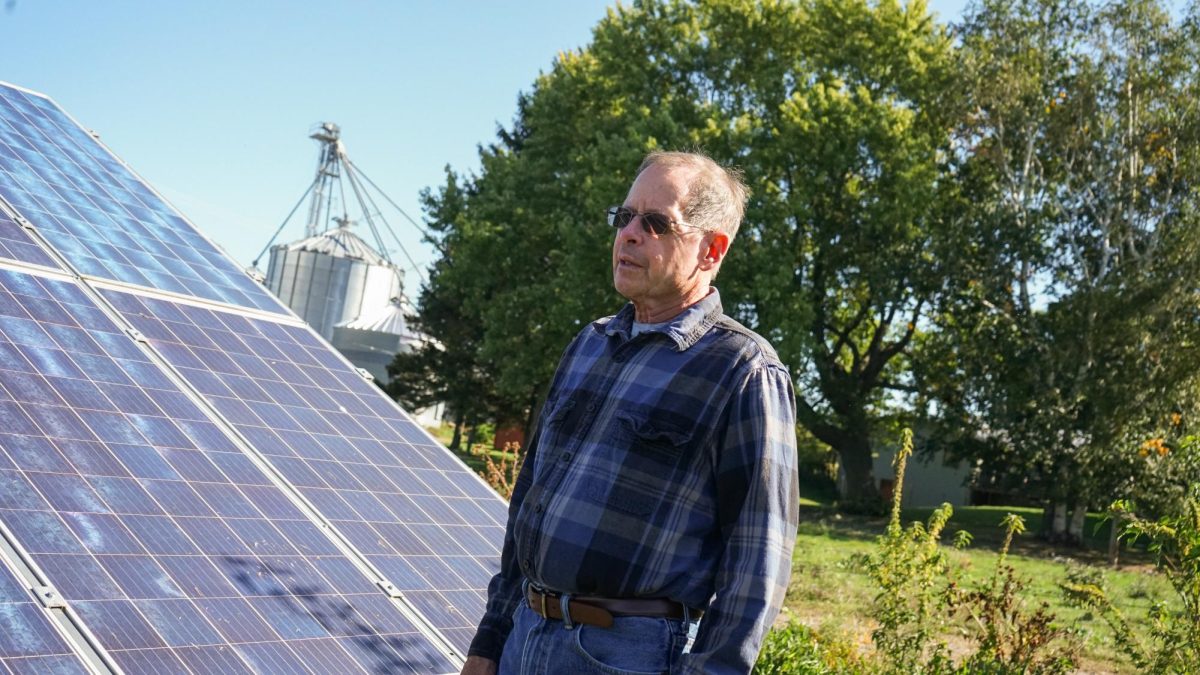TCAT to launch new service to help connect rural areas with Ithaca

On a cold, rainy October afternoon, Uraina Bellamy waits at the bus stop in Dryden. Bellamy is headed to Ithaca.
At this time of day, it takes roughly 20 minutes to drive from Dryden to Ithaca, but for Bellamy, who just got out of an appointment, it’s an hour wait for the bus, and another hour ride to get into the city.
“So, I had to get rid of my car in March. I’m waiting to get another car, so I’ve been taking the bus,” she said.
From running errands to doctor appointments, she is in and out of Ithaca nearly every day. The commute is anything but a quick trip.
“Just to go to Walmart and back it takes me six hours. I have to take three different buses to get to Walmart and three buses to get home.”
Bellamy’s transportation challenge is a story shared by other residents without a car who have difficulty getting from rural areas to the city of Ithaca.
Despite these difficulties, City Lab recently ranked Ithaca as the best city to live in car-free, under the small metro category. Although TCAT General Manager Scot Vanderpool said he is proud of this ranking, he understands the difficulty that some riders face.
“You have people living in transit deserts,” Vanderpool said. “It’s an equity issue.”

To address this problem, Vanderpool announced that TCAT is launching a new program in the spring called First Mile, Last Mile.
“The perfect place for a pilot we thought was Dryden,” he added. “Dryden has a lot of pockets of people that are really close to our main line, but they’re a mile to five miles away.”
TCAT will use Gadabouts, a smaller bus, to bring people from their homes to the bus stop and back. This can be scheduled through an app on iPhones and Androids or by a phone call.
“It’s pretty much door-to-door service. People can call very close to the last minute to set up a ride with us and make it happen,” Vanderpool said.
Fernando de Aragón, the executive director of Ithaca-Tompkins County Transportation Council, said “We know that folks in rural areas have a tough time moving around, so I’m hoping it works.”
De Aragón said the City Lab ranking is a “compliment,” but added that there is still a lot of work to do.
“It validates the work we’ve been doing because it’s our aim to create and lead an environment where people can be less car dependent,” he said.
Over the past several years, Ithaca has made improvements with different transportation methods, such as LimeBikes.

A bigger problem, de Aragón explained, is that some residents have to move out of Ithaca to find affordable housing, and then face transportation problems. He said that for residents without a car it can be difficult to get into the city.
Bellamy knows this firsthand. She’s relying on TCAT until she can save enough money for another car.
“I’ve wasted so much time waiting for the buses. Don’t get me wrong — I’m grateful, but I could be doing other things than sitting at a bus stop for three or four hours a day waiting.”













